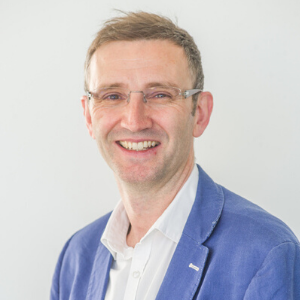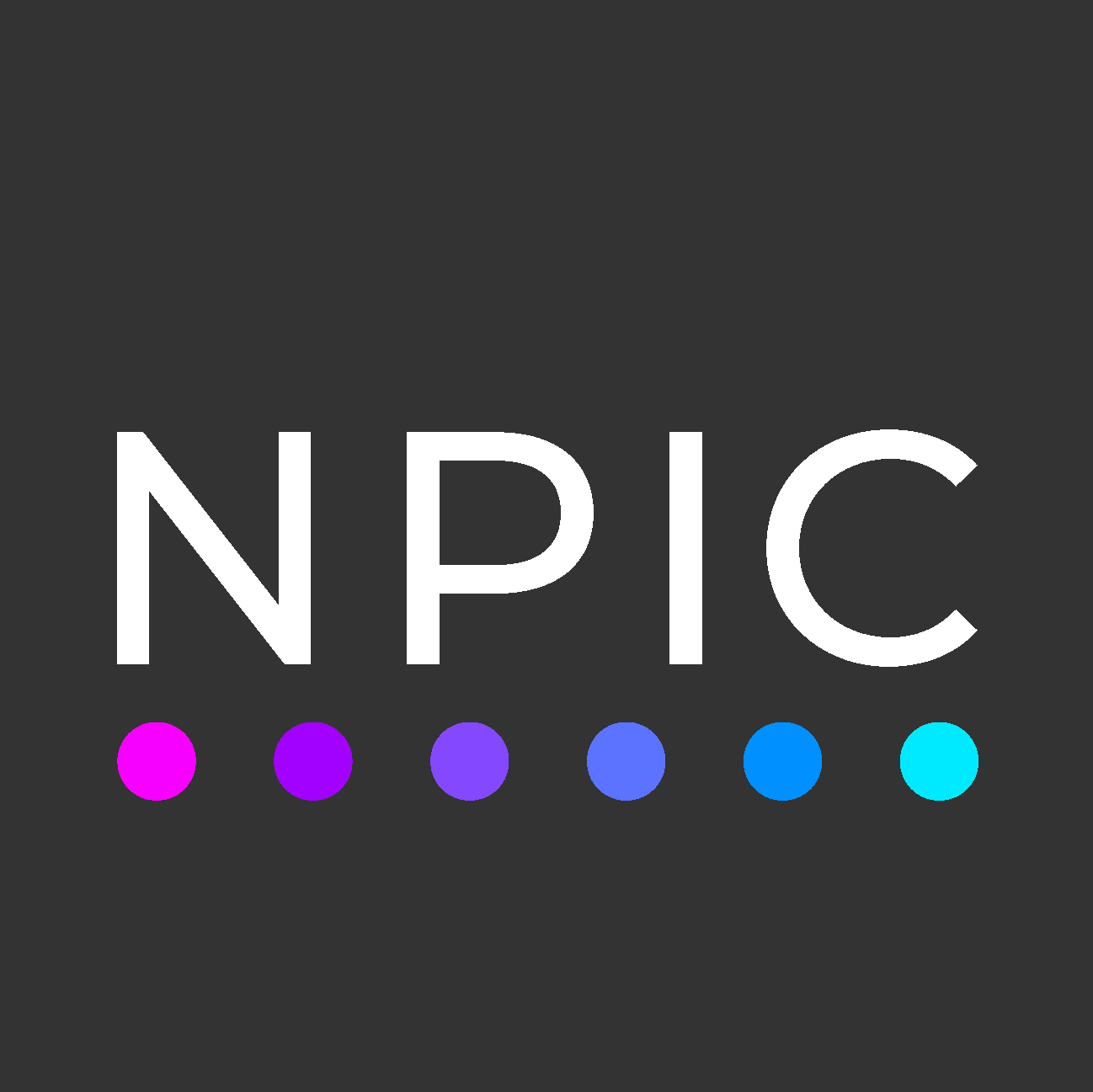Leeds Teaching Hospitals NHS Trust (LTHT) led research programme, National Pathology Imaging Co-operative (NPIC), is one of three centres that will benefit from a £50 million funding boost announced today, which will speed up the diagnosis of diseases such as cancer.
This funding will scale up the work of existing Centres of Excellence in Digital Pathology and Artificial Intelligence, which were established in 2018 to develop systems to improve the diagnosis of disease. The centres will boost diagnostic capabilities, improve outcomes for patients, and free up more NHS staff time for patient care, as well as create the infrastructure and knowledge needed to enable the NHS to be a global leader in digital pathology and artificial intelligence (AI).
NPIC is already the largest regional deployment of digital pathology in the world, based on the £17m funding that awarded last year from the Industry Strategy Challenge Fund and comprising 29 partners including NHS, Academia and Industry.
The additional government investment of £20m into NPIC will modernise laboratories in the North of England, serving a population of over 6 million people. This will also enable the expansion of digital pathology across another 25 hospitals across the whole country, for complex cases such as cancer in children and soft tissue tumours, all to be co-ordinated from a new National Training Centre for Digital Pathology based at LTHT.
NPIC will now deploy digital pathology scanners across over 40 hospitals across England, scanning over 2.3m images per year and generating 3 Petabytes of image data per year.

Health and Social Care Secretary Matt Hancock said: “Technology is a force for good in our fight against the deadliest diseases – it can transform and save lives through faster diagnosis, free up clinicians to spend time with their patients and make every pound in the NHS go further.
“I am determined we do all we can to save lives by spotting cancer sooner. Bringing the benefits of artificial intelligence to the frontline of our health service with this funding is another step in that mission. We can support doctors to improve the care we provide and make Britain a world-leader in this field.
“The NHS is open and I urge anyone who suspects they have symptoms to book an appointment with their GP as soon as possible to benefit from our excellent diagnostics and treatments.”

Director of NPIC, Dr Darren Treanor, a Consultant Pathologist at LTHT said: “This is a significant investment which allows us to use digital pathology to help patients across the country, and provide a large platform on which we will develop artificial intelligence tools for pathology diagnosis to be used around the world.”
“It will also create a national digital pathology system that allows images from multiple scanners to be shared between NHS sites so that patients can benefit from second opinions from anywhere in the UK.
“This is particularly important in the two areas of soft tissue tumours and children’s cancer, where expert pathologists often work in expert panels across multiple hospitals to make sure they get the right diagnosis. But these expert pathologists are in short supply.”
Linda Pollard, LTHT Chair said: “Leeds is a global leader in the area of digital pathology for cancer diagnosis. We are excited to lead on expanding this digitisation across England through this exciting partnership building on the success of NPIC.”
Dr Phil Wood, Chief Medical Officer at LTHT said “Cellular Pathologists play a vital role in cancer diagnosis, but are in short supply in the NHS, meaning patients can face long waits for results.
“Digital pathology is becoming a key technology for both clinical delivery of cancer and wider disease diagnostics. In addition to improving patient care in our hospitals, this programme will also teach others how to use this technology and report cases remotely. An area that has expedited during the COVID-19 pandemic”.
Professor Paul Stewart, Executive Dean of the Faculty of Medicine and Health at the University of Leeds, said: “Investing in this technology in partnership with universities and industry will have a huge benefit for patients. It will reduce the time it takes to get a diagnosis, particularly in cases where people are suspected of having cancer. The quicker a diagnosis is made – the sooner treatment starts and that results in a better outcome for patients.”
The National programme includes collaborating partners across the North of England as well as Great Ormond Street Hospital for Children (GOSH) and Royal National Orthopaedic Hospital (RNOH).
Speaking about the news Professor Neil Sebire, Professor of Paediatric and Developmental Pathology at GOSH said “We are excited to be part of the development of digital pathology for specialist reporting, which has many benefits, but is particularly important in shortage specialities such as paediatric pathology, and which should enable more rapid and wider access to specialist opinions to benefit children and families”.
Professor Adrienne Flanagan, Clinical Pathology lead and London Sarcoma Service and National Bone network lead at RNOH said ‘This is an unprecedented opportunity to build a bone and soft tissue pathology network at a national level along with our colleagues in paediatric pathology. This will not only support the clinical services but will also provide an opportunity for discovery research in this under-studied area and benefit patients in the NHS”.
